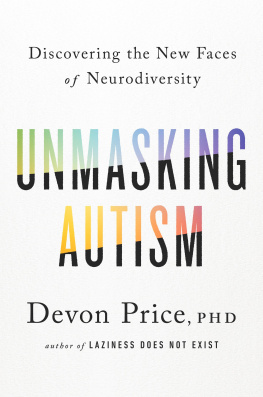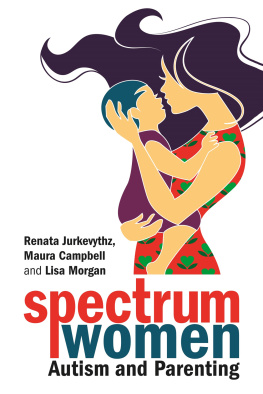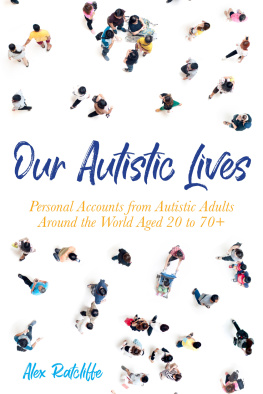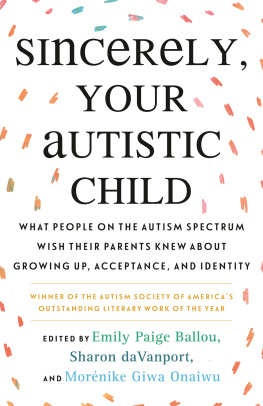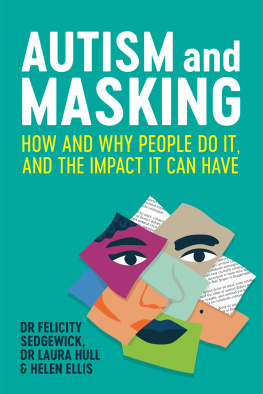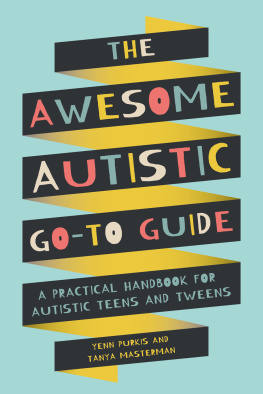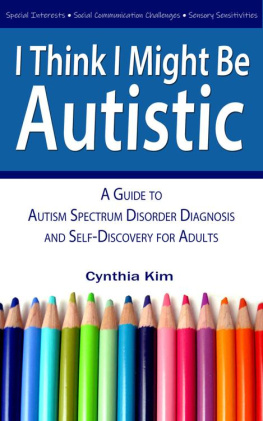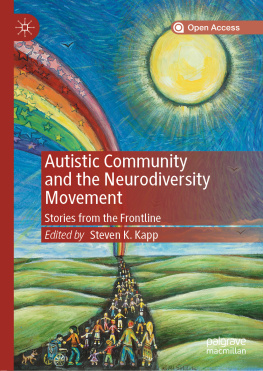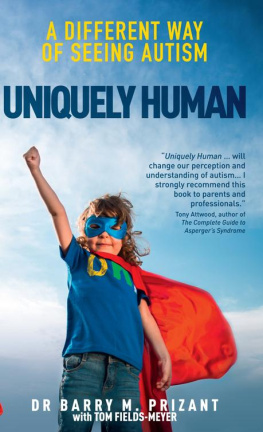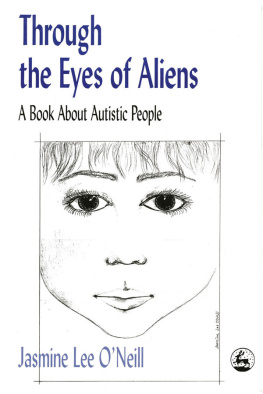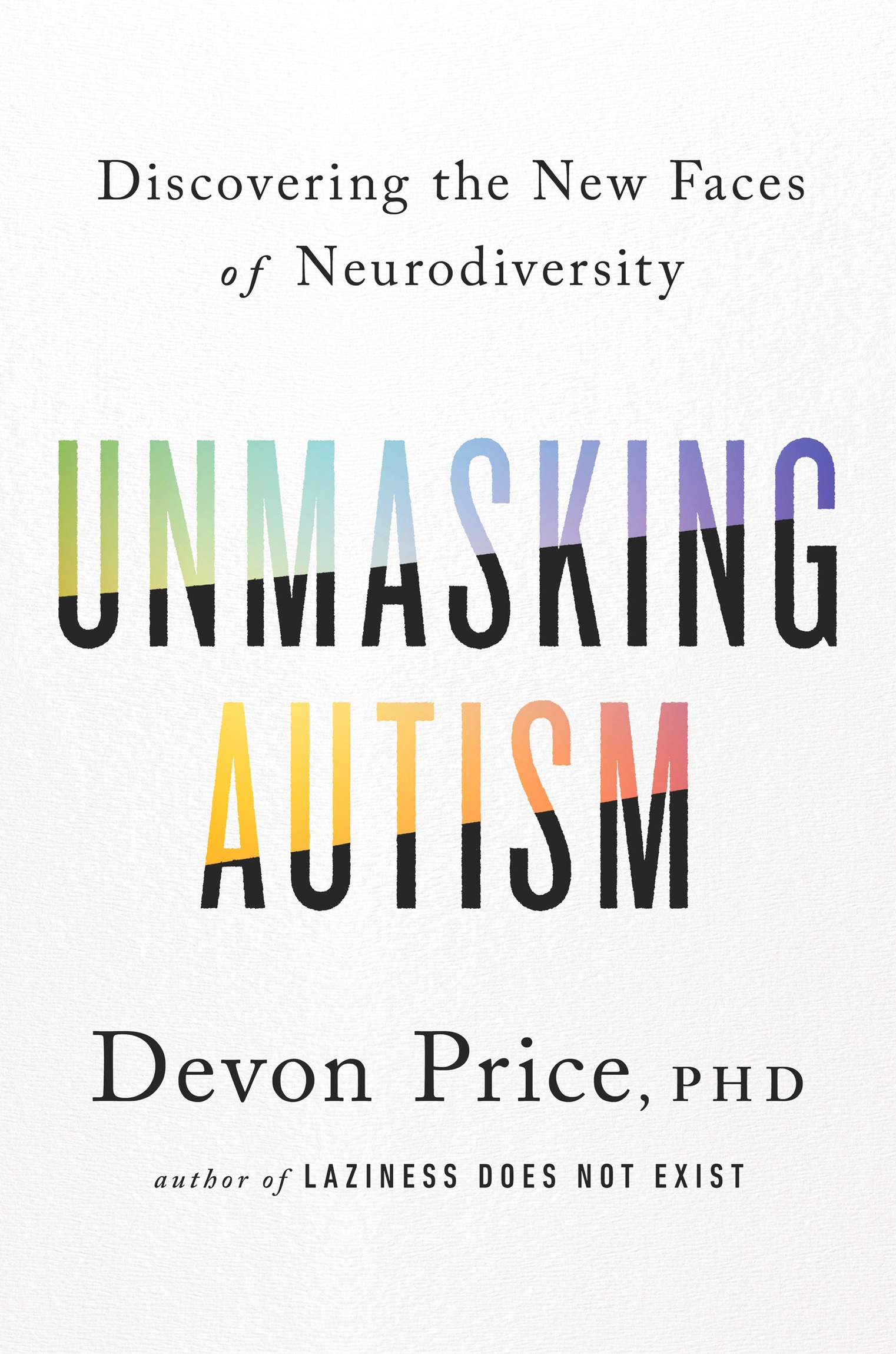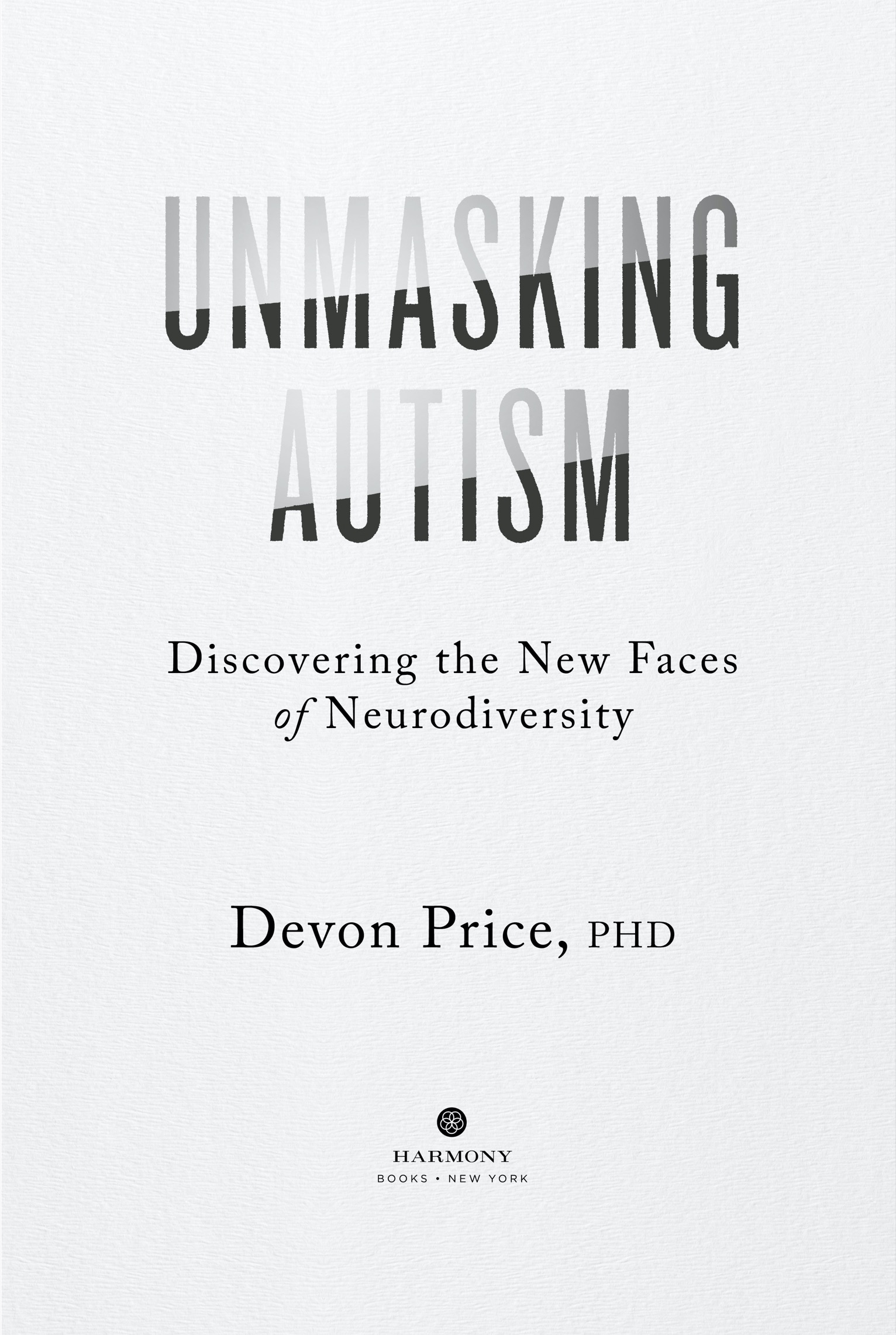All rights reserved.
Published in the United States by Harmony Books, an imprint of Random House, a division of Penguin Random House LLC, New York.
Harmony Books is a registered trademark, and the Circle colophon is a trademark of Penguin Random House LLC.
Library of Congress Cataloging-in-Publication Data is available upon request.
Print Composition: Scribe, Inc.
INTRODUCTION
Alienation
When I moved from Cleveland to Chicago in the summer of 2009, I had no idea Id need to make friends. I was twenty-one years old, serious, and socially withdrawn, and I truly believed I did not need other people. Id moved to the city for graduate school and figured I could pour all my energy into classes and research and think of nothing else.
Solitude had worked pretty well for me up to that point. I had excelled academically, and living a life of the mind kept me from worrying too much about my many problems. I had an eating disorder that had ravaged my digestive system, and gender dysphoria that made me resent how other people saw me, though I didnt yet understand why. I didnt know how to approach people or initiate conversations, and I didnt care to learn, because most interactions left me feeling irritated and unheard. The few relationships I did have were enmeshed; I took responsibility for others problems, tried to manage their emotions for them, and lacked any capacity to say no to unreasonable requests. I didnt know what I wanted out of life, other than to become a professor. I didnt want a family, I didnt have hobbies, and I believed I was incapable of really being loved. But I was getting good grades and my intellect earned me a lot of praise, so I just focused on those strengths. I pretended all the rest was a meaningless distraction.
When graduate school began, I rarely went out with my new classmates. The few times I did, I had to get completely hammered to overcome my inhibitions and seem fun. Otherwise I spent whole weekends alone in my apartment, reading journal articles and falling down strange internet rabbit-holes. I didnt let myself have hobbies. I barely exercised or cooked. Id occasionally hook up with people if I wanted sex or even just a little attention, but every interaction was impassive and rote. I had no sense of myself as a multifaceted human being.
By winter of that year Id turned into a lonely, isolated wreck. Id spend an hour sitting in the shower while the hot water rained down on me, lacking the will to stand up. I had trouble speaking to other people. I couldnt think of any research ideas and lost all interest in what I was studying. One of my supervisors chewed me out for rolling my eyes at her during meetings. At night bone-shaking sobs of despair and overwhelm would overtake me, and Id pace around my room, whimpering and striking myself in the temples with the heels of my hands. My solitude had somehow become imprisoning, but I was too lacking in social skills or emotional self-awareness to get myself out of it.
I couldnt understand how Id gotten myself into that miserable position. How was I supposed to know I needed friends, and a life? How could I go about connecting with others, when every effort was so unsatisfying? What did I actually enjoy or care about? Around people, I felt I had to censor every natural reaction, and pretend to have interests and feelings that were normal. Plus, people were so overwhelming. They were all so loud and erratic, their eyes like painful laser beams boring into me. All I wanted to do was sit in the dark and not be bothered or judged.
I believed something was fundamentally wrong with me. I seemed to be broken in ways I couldnt explain, but which everyone else could see at a glance. I spent several more years languishing like this, working myself to the point of burnout, having emotional breakdowns, relying on romantic partners for social contact and a sense of worthiness, and googling things like how to make friends in the middle of the night. Through it all, I never considered asking for help or sharing with anyone how I felt. I lived by a very narrow set of rules, and remaining independent and invulnerable was chief among them.
Things finally began to change for me in 2014, when I was on vacation at Cedar Point amusement park in Sandusky, Ohio. My family went there every single year. We were a family that loved our routines. I was sitting in a hot tub with my cousin, who had recently gone away to college and found the transition very challenging. He confessed to me that hed recently been assessed for Autism. I had just completed my PhD in social psychology, so he wanted to know if I had any knowledge about Autism Spectrum Disorder.
Sorry, I really dont know about that, I told him. I dont study people with mental illnesses; my research is on the social behavior of normal people.
My cousin started talking to me about all the things he struggled withhow hard it was to relate to classmates, how adrift and overstimulated he felt. A therapist had floated Autism as a likely explanation. Then my cousin pointed out all the Autistic traits hed noticed were common in our family. We didnt like change. None of us could handle talking about our emotions and mostly interacted using a surface-level script. Some of us had hang-ups about food textures and strong flavors. We rambled on and on about the subjects that interested us, even if it bored others to tears. We were easily overwhelmed by change and rarely went out into the world to have new experiences or make friends.
When my cousin told me all this, I felt dread. I didnt want any of it to be true because in my mind, Autism was a shameful, life-ruining condition. It made me think of people like Chris, an uncoordinated, cringey Autistic kid Id gone to school with whom nobody had treated well. Autism made me think of withdrawn, prickly TV characters like Benedict Cumberbatchs Sherlock, and the Big Bang Theorys Sheldon. It called to mind nonverbal children who had to wear big clunky headphones to the grocery store and were viewed as objects rather than people. Though I was a psychologist, all I knew about Autism was the broadest and most dehumanizing of stereotypes. Being Autistic would mean I was broken.
Of course, Id already felt broken for years.
As soon as I returned home from that vacation, I threw my bags down, sat on the floor, propped my laptop up on my knees, and started obsessively reading about Autism. I inhaled journal articles, blog posts, YouTube videos, and diagnostic assessment materials. I kept this obsessive reading mostly hidden from my then-partner, the way I kept all my deepest fixations hidden from people in my life. I soon learned that itself was a trait common among Autistics; we tend to latch on to subjects that fascinate us and focus on them with a fervor others find weird. After being mocked about our passions, we become secretive about our

